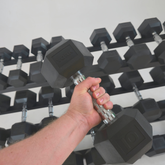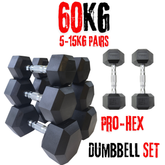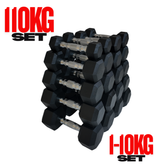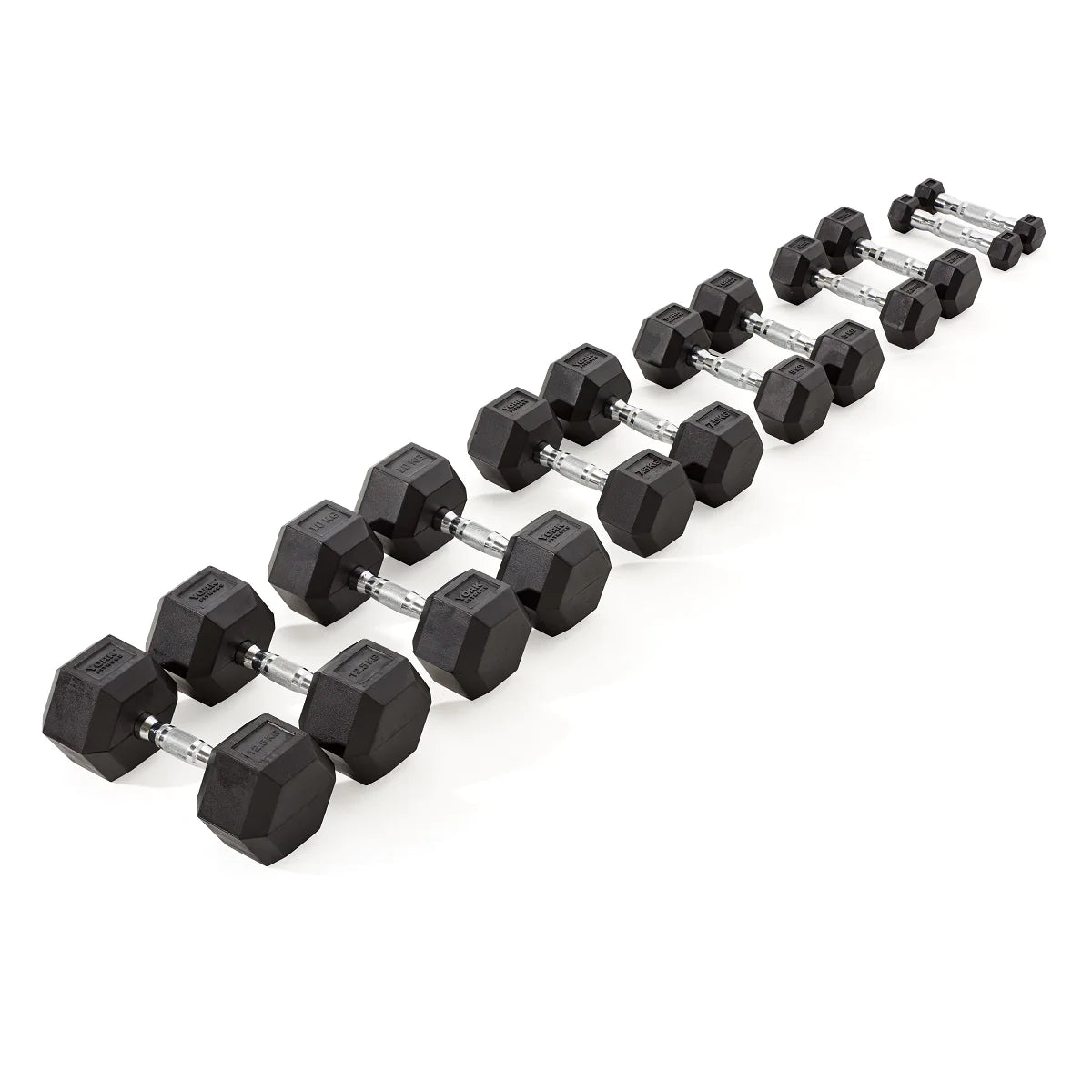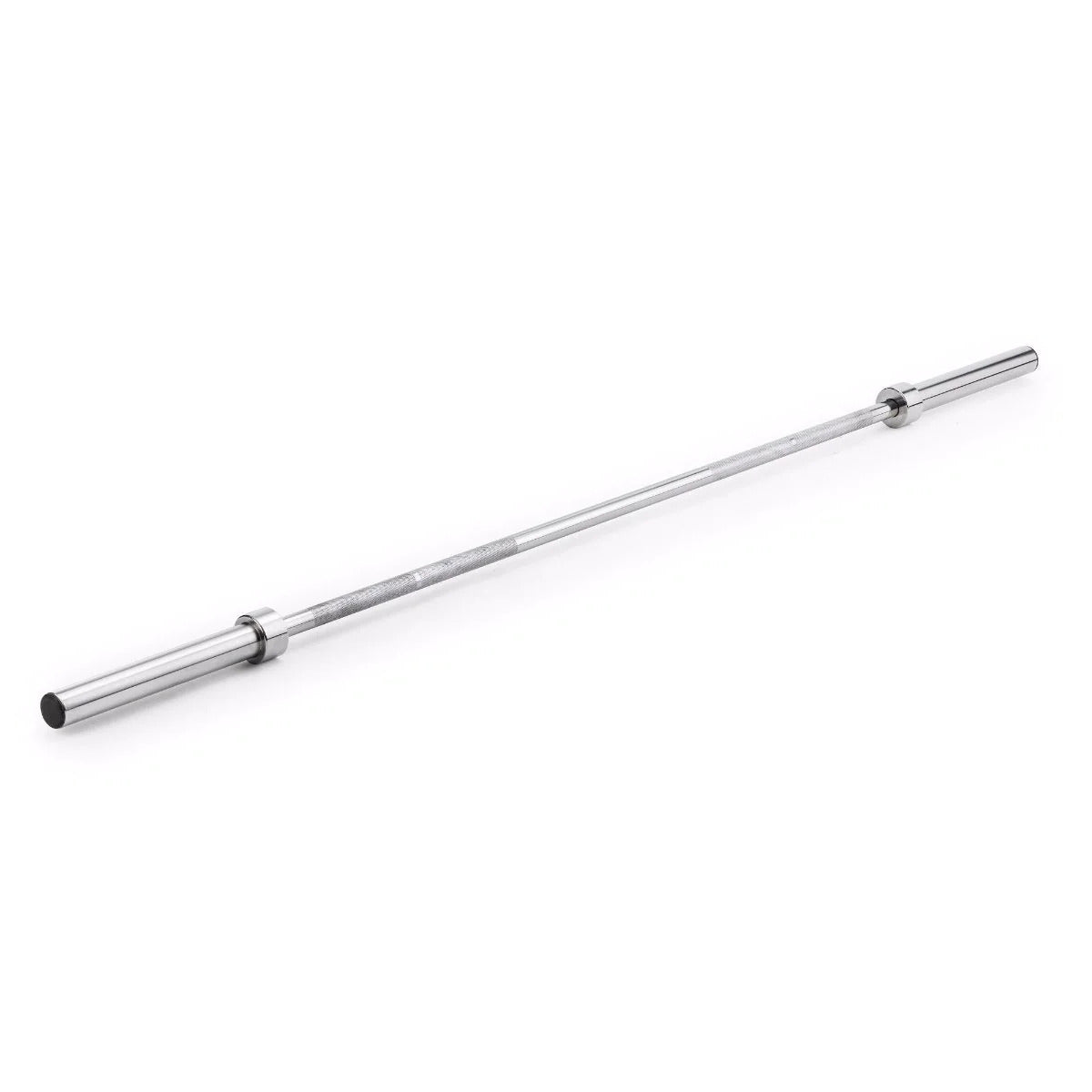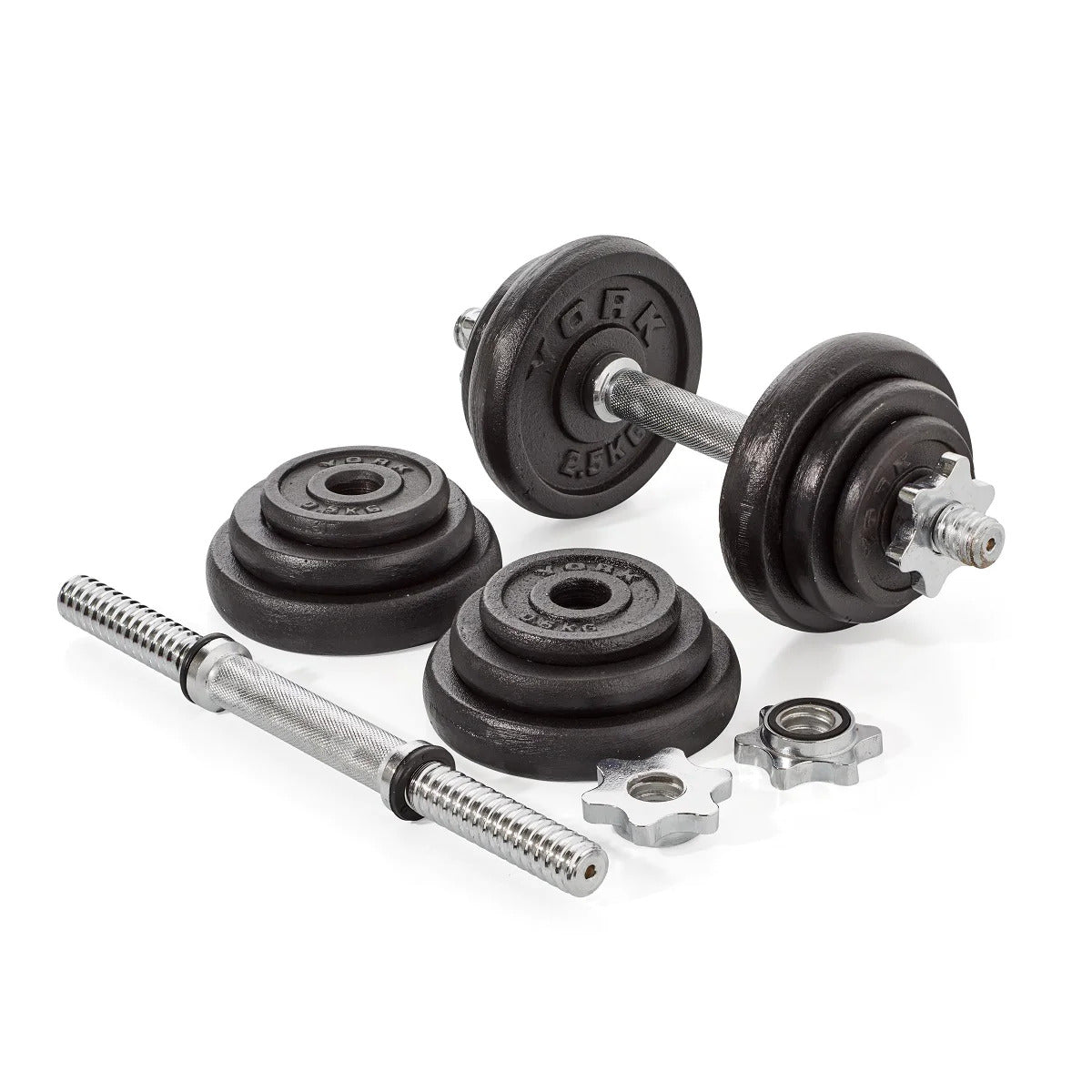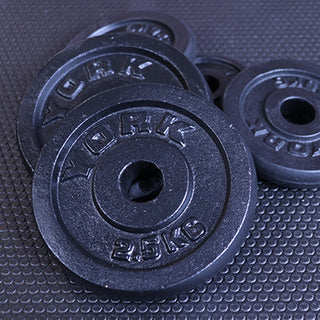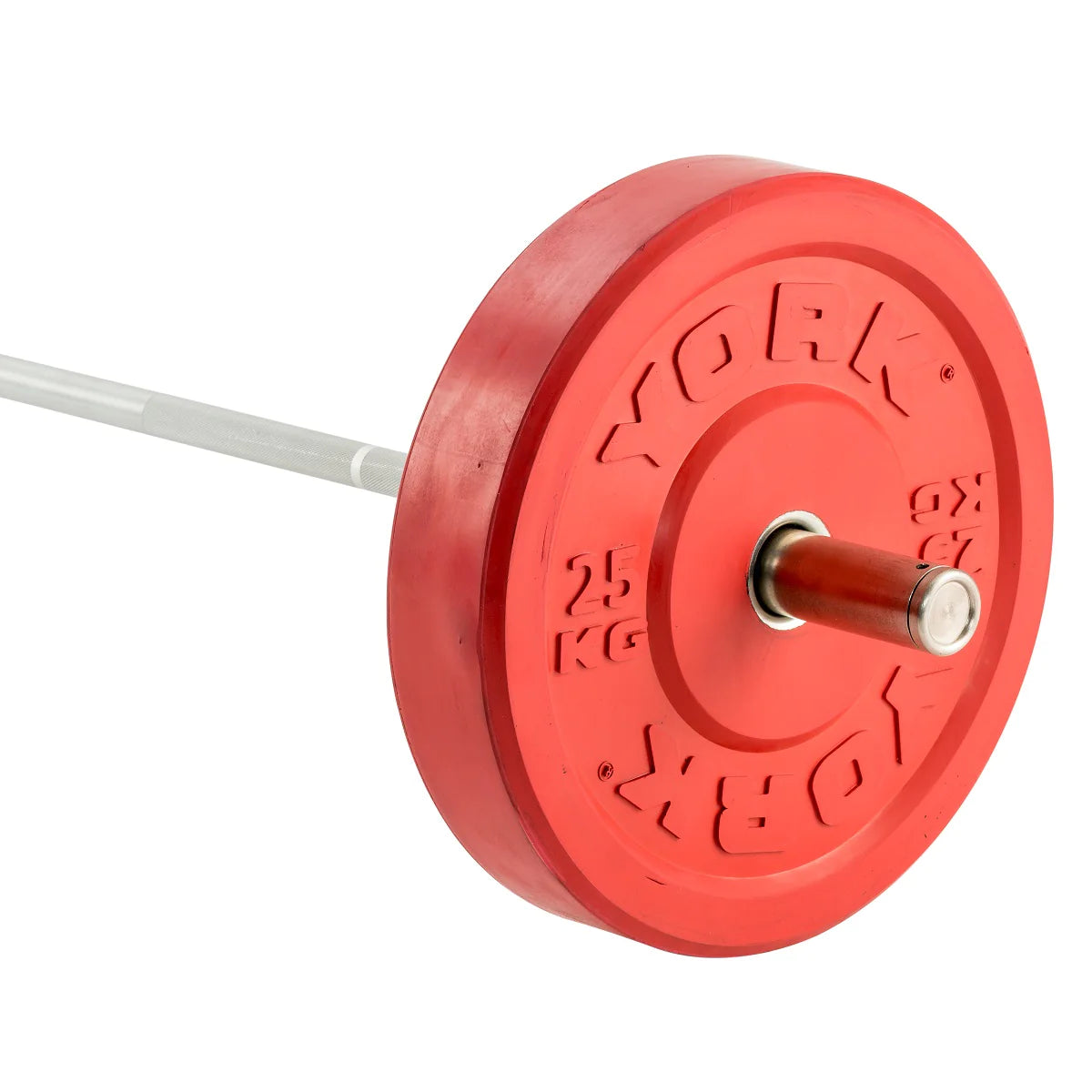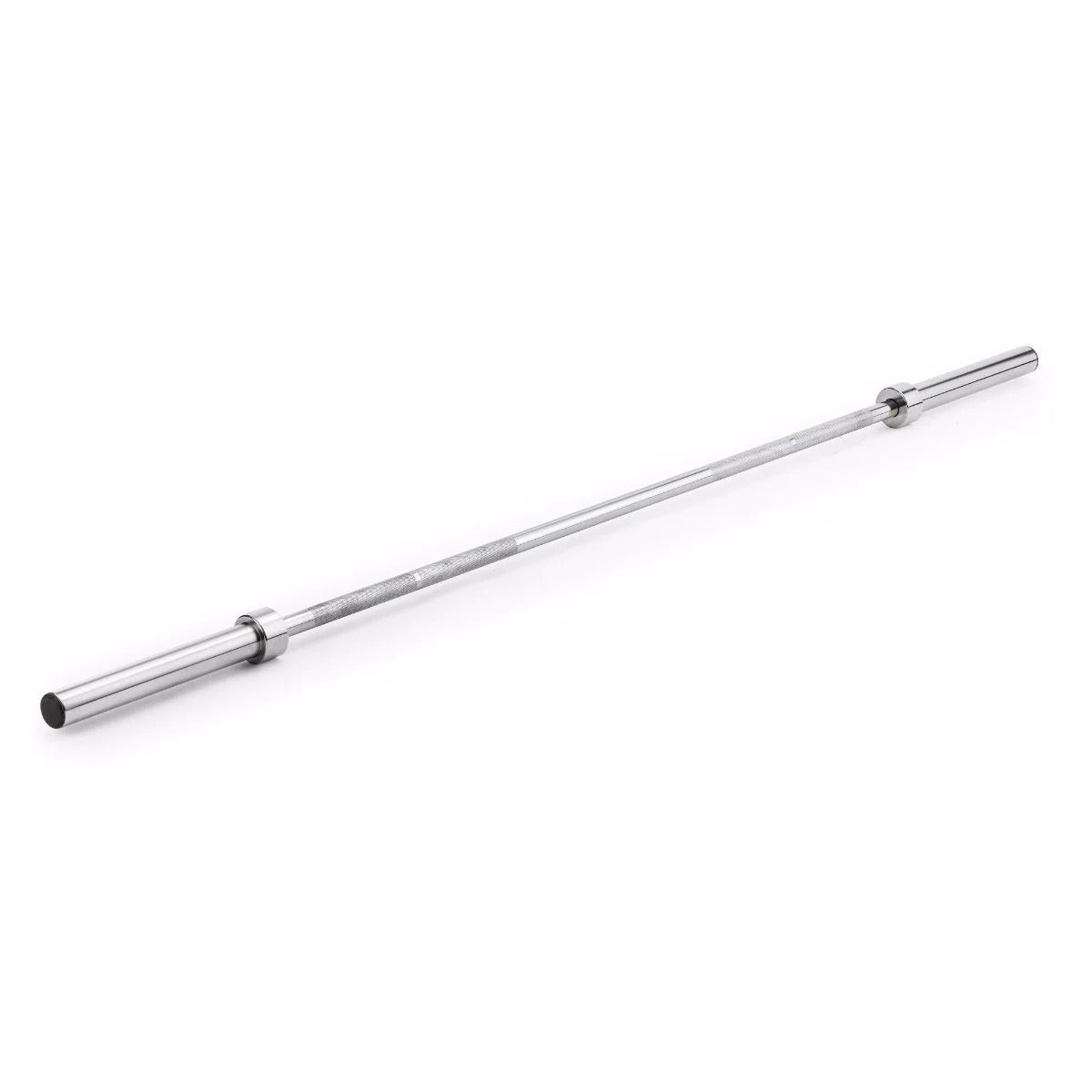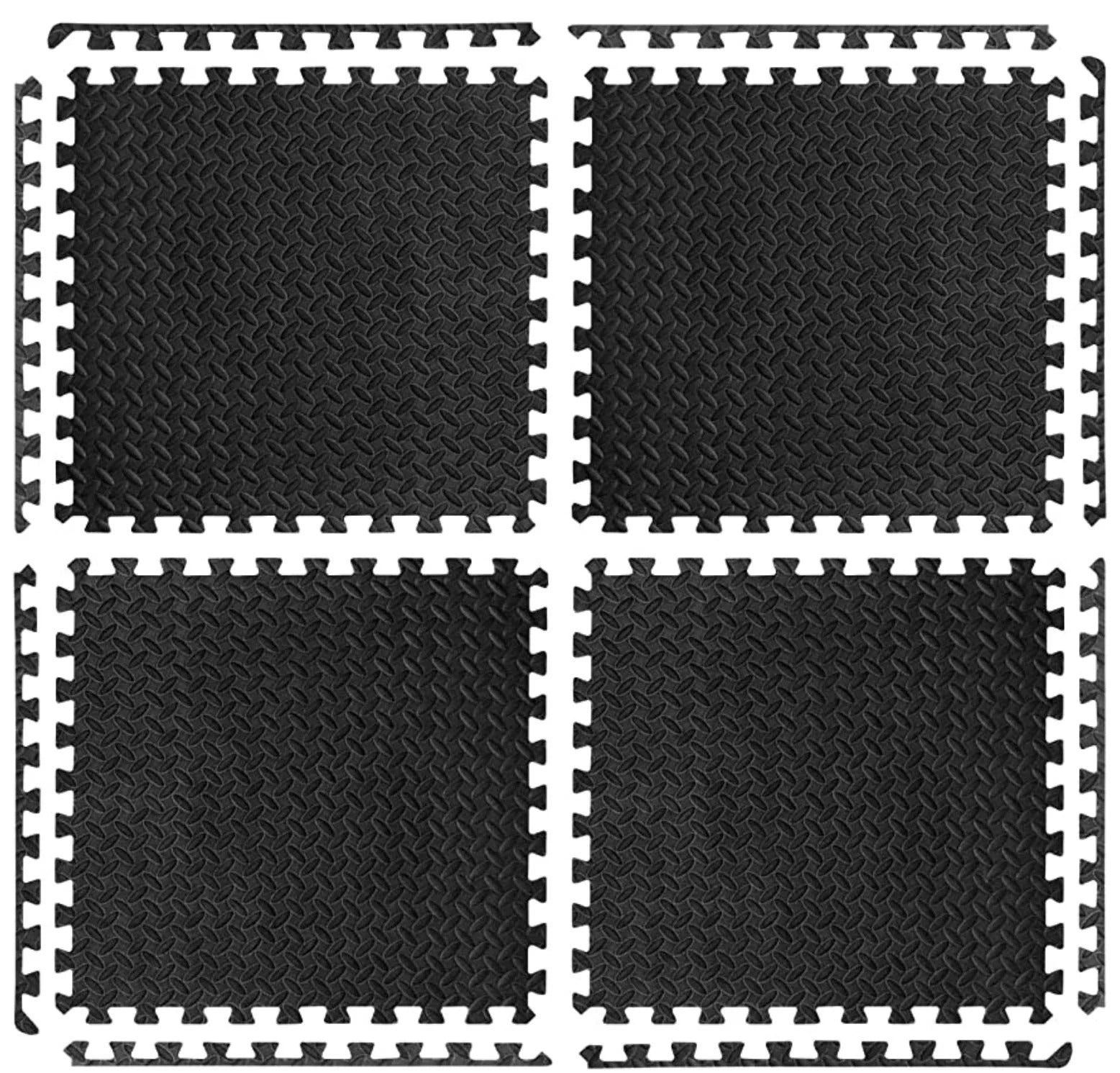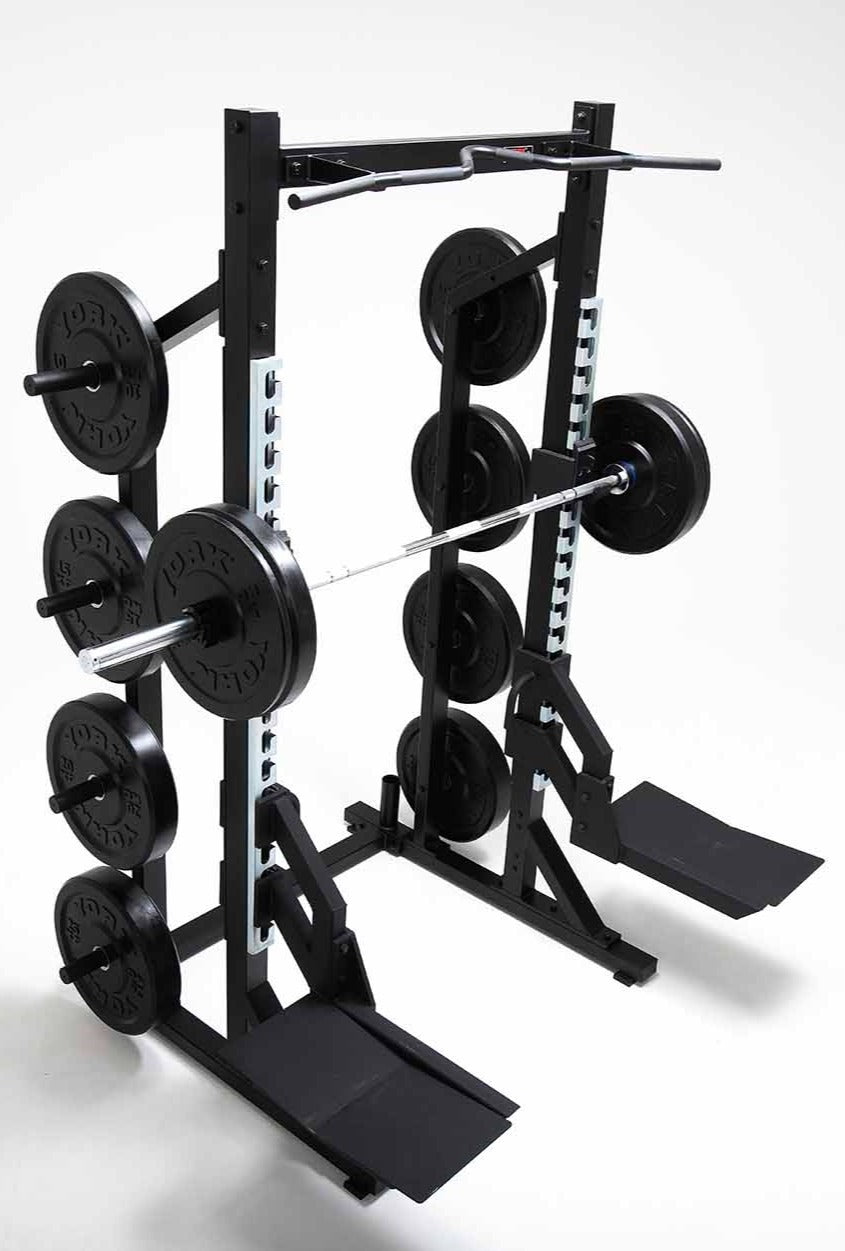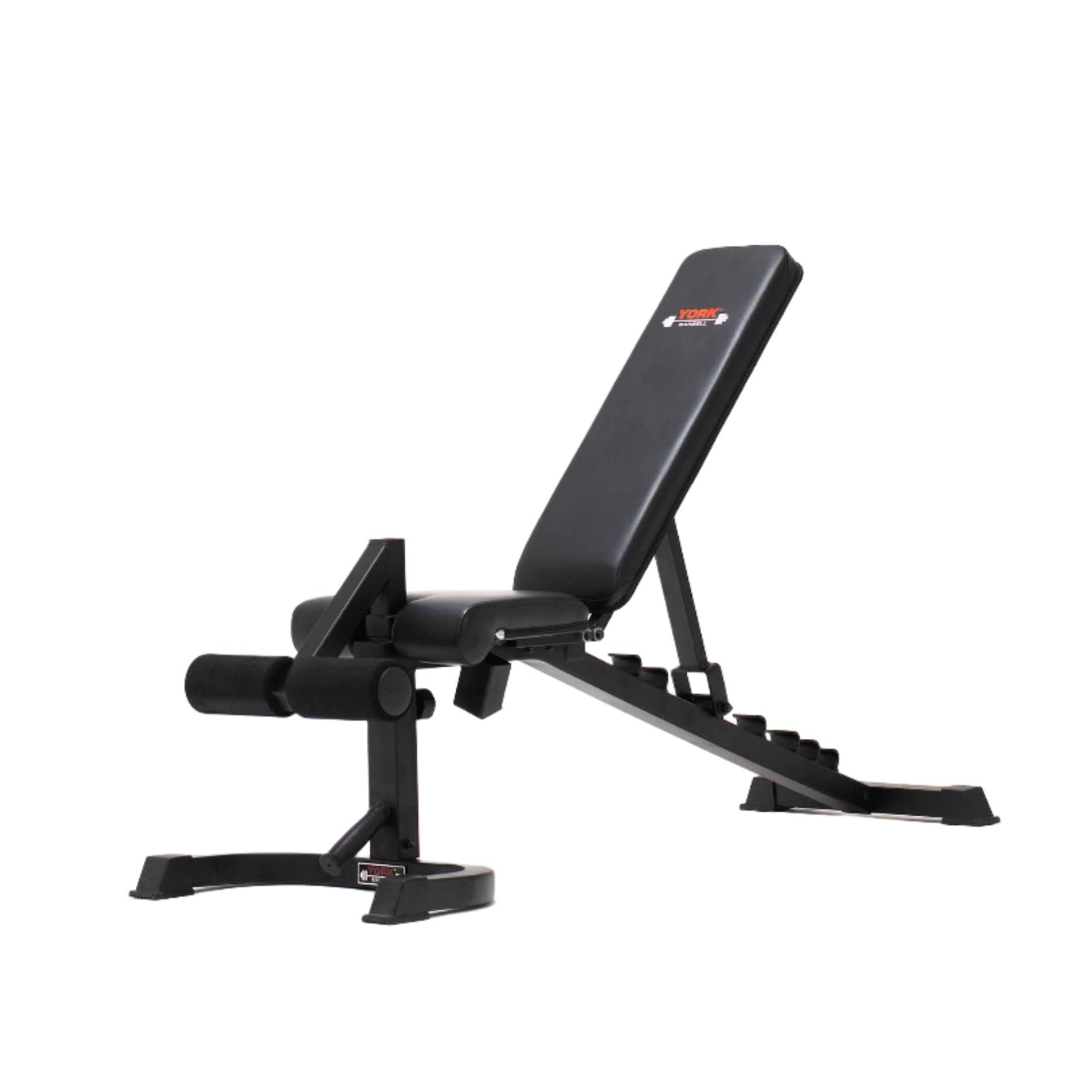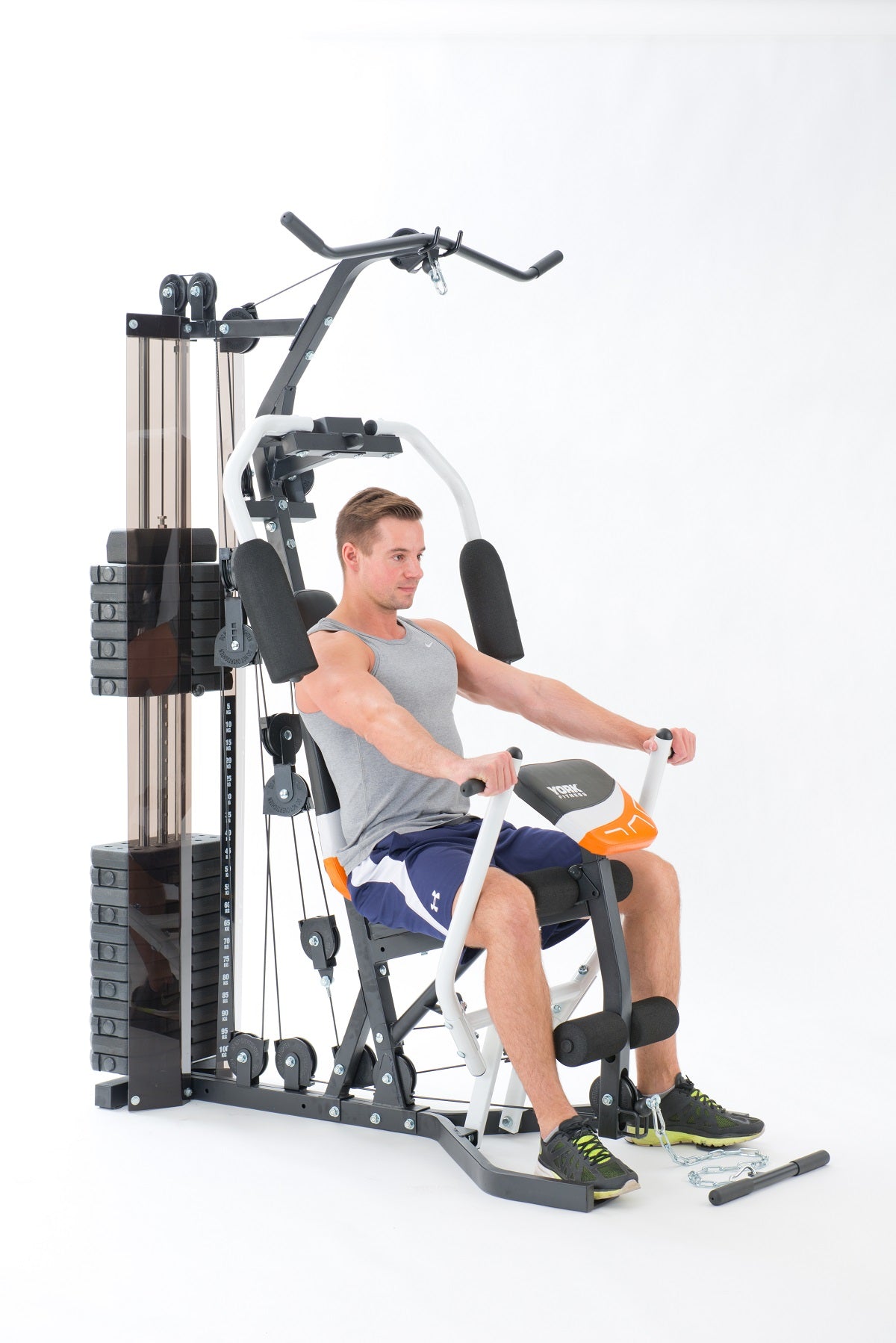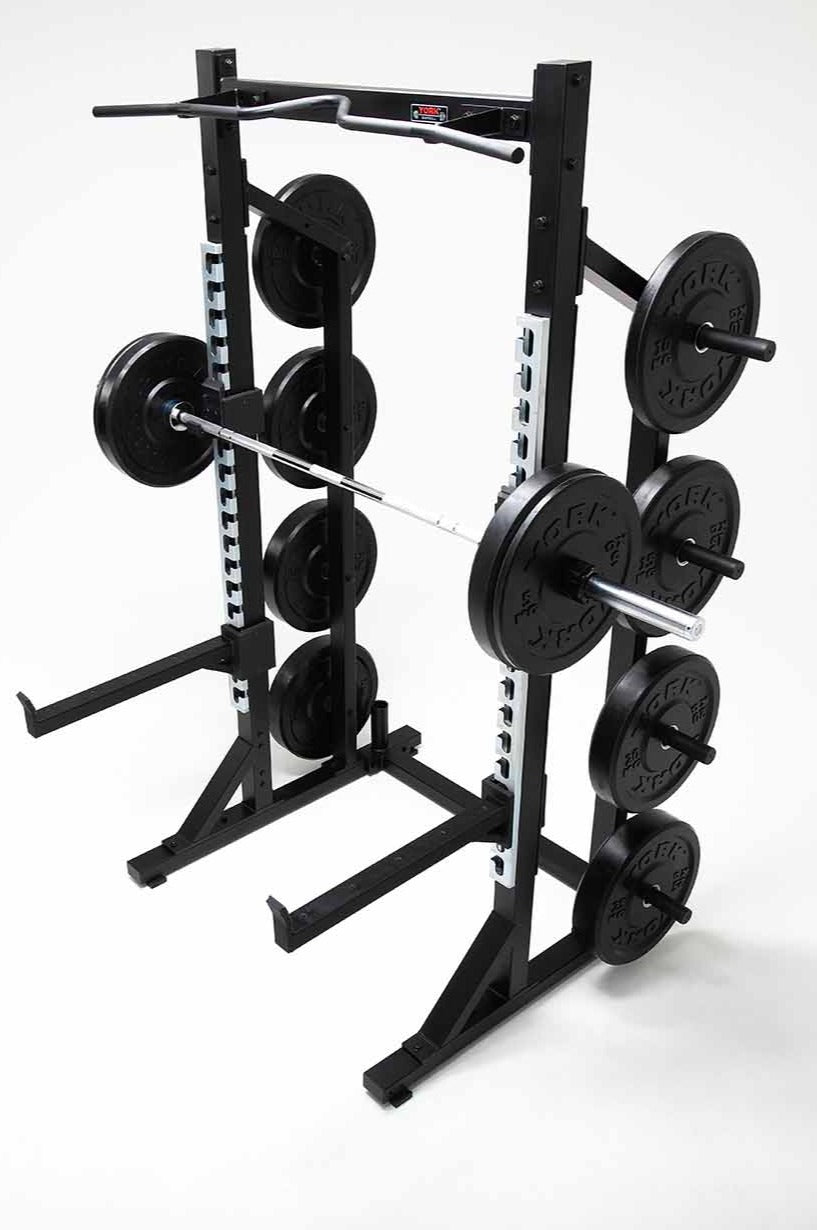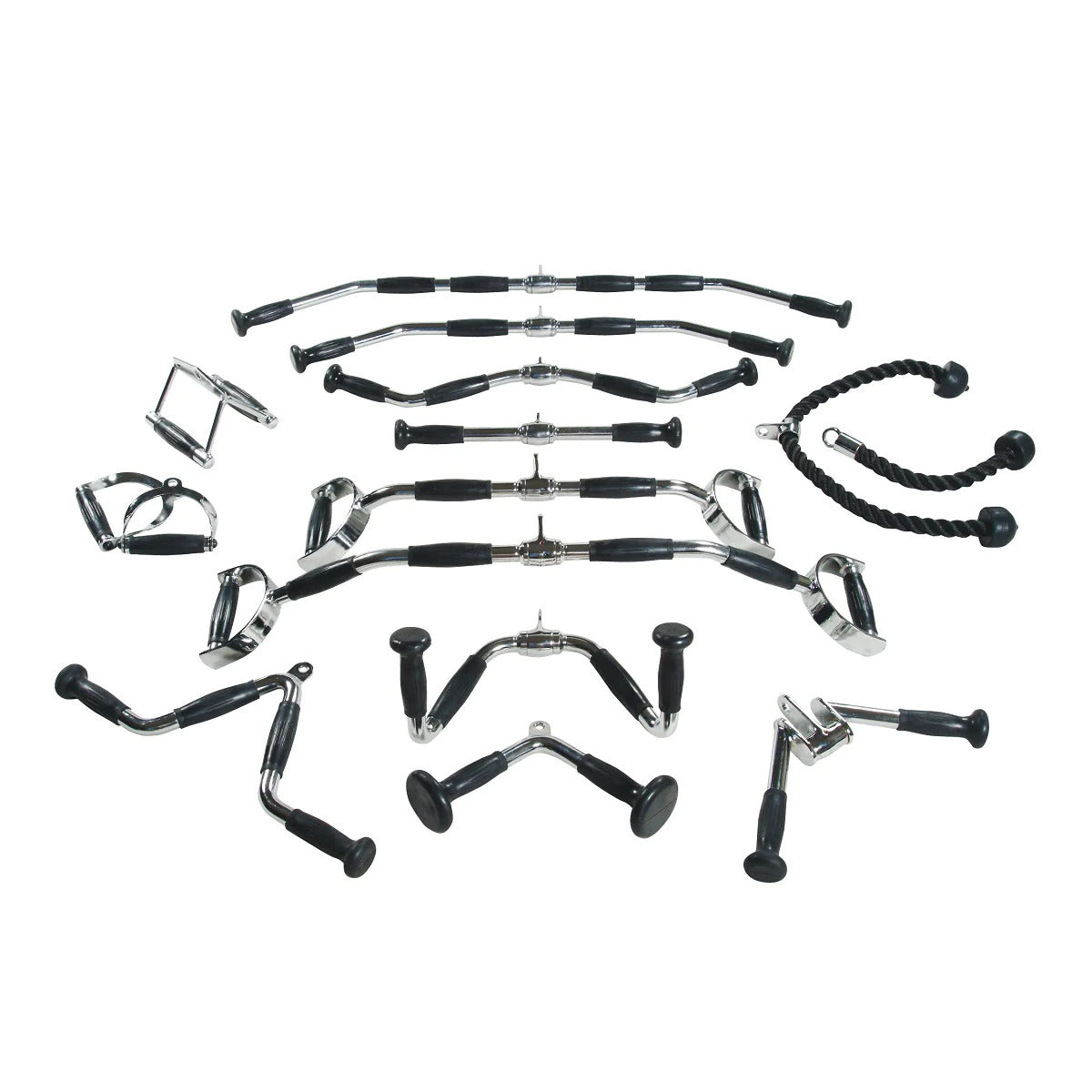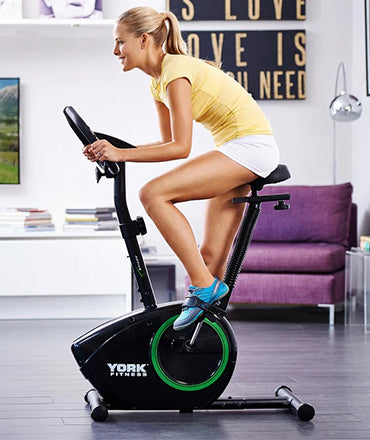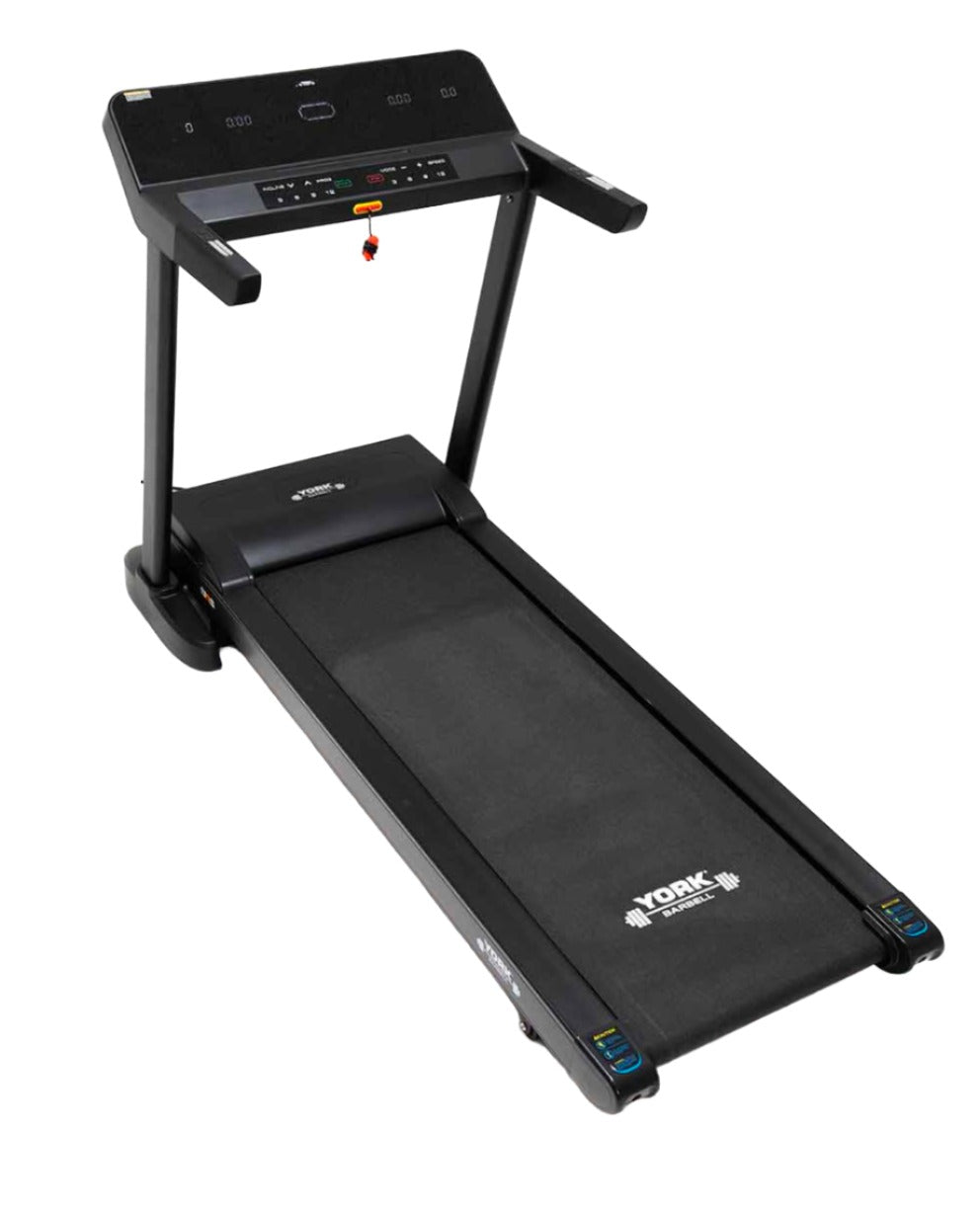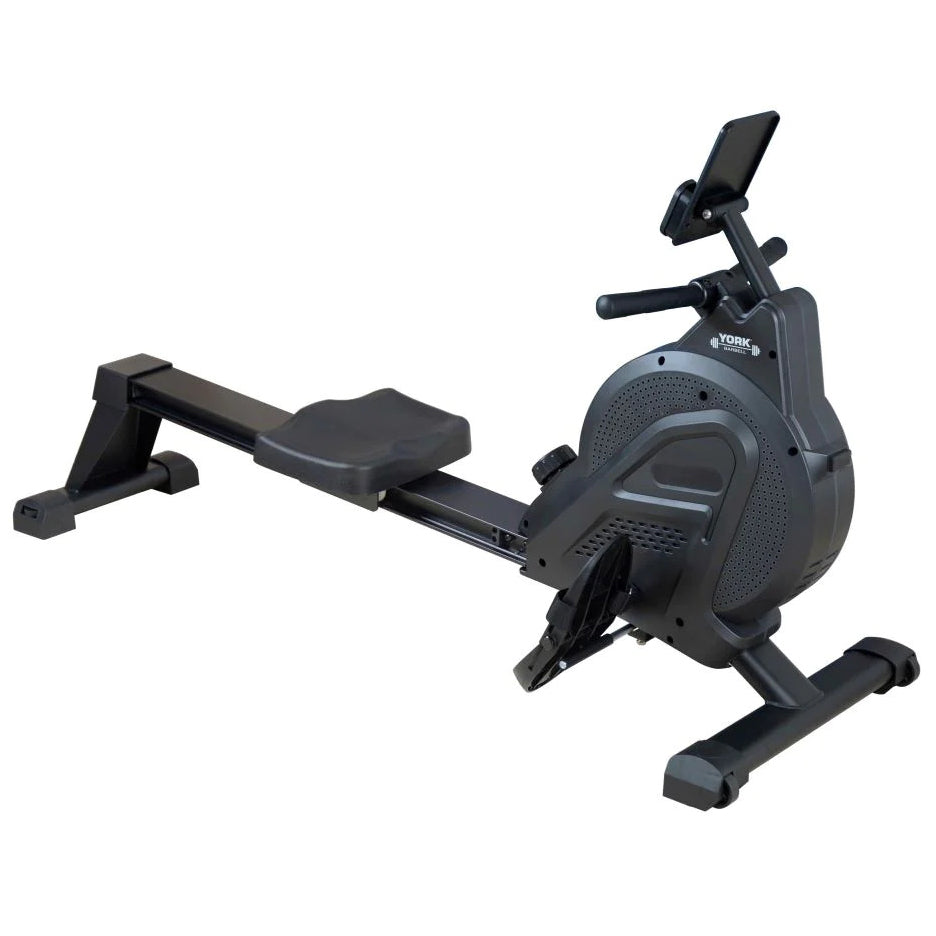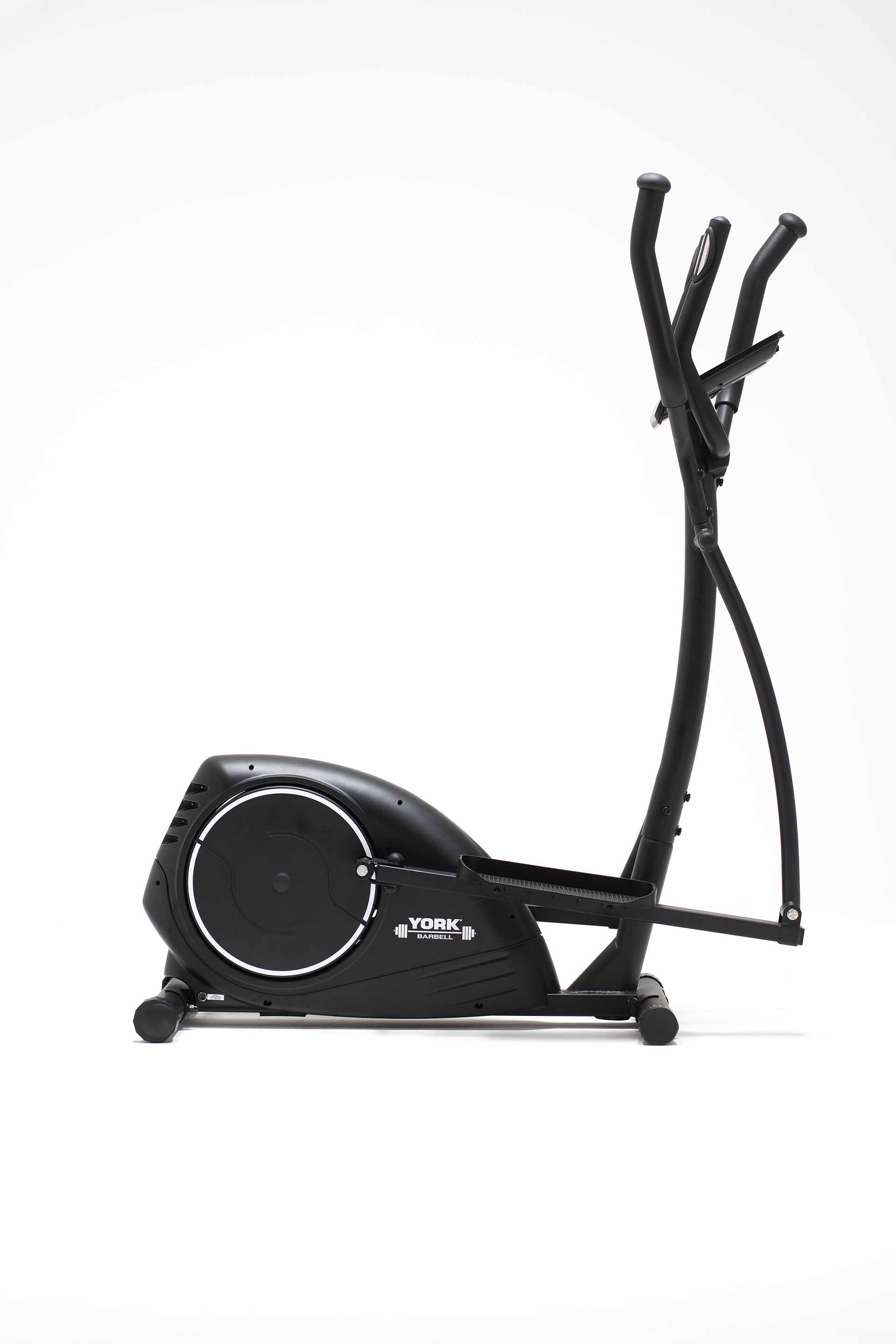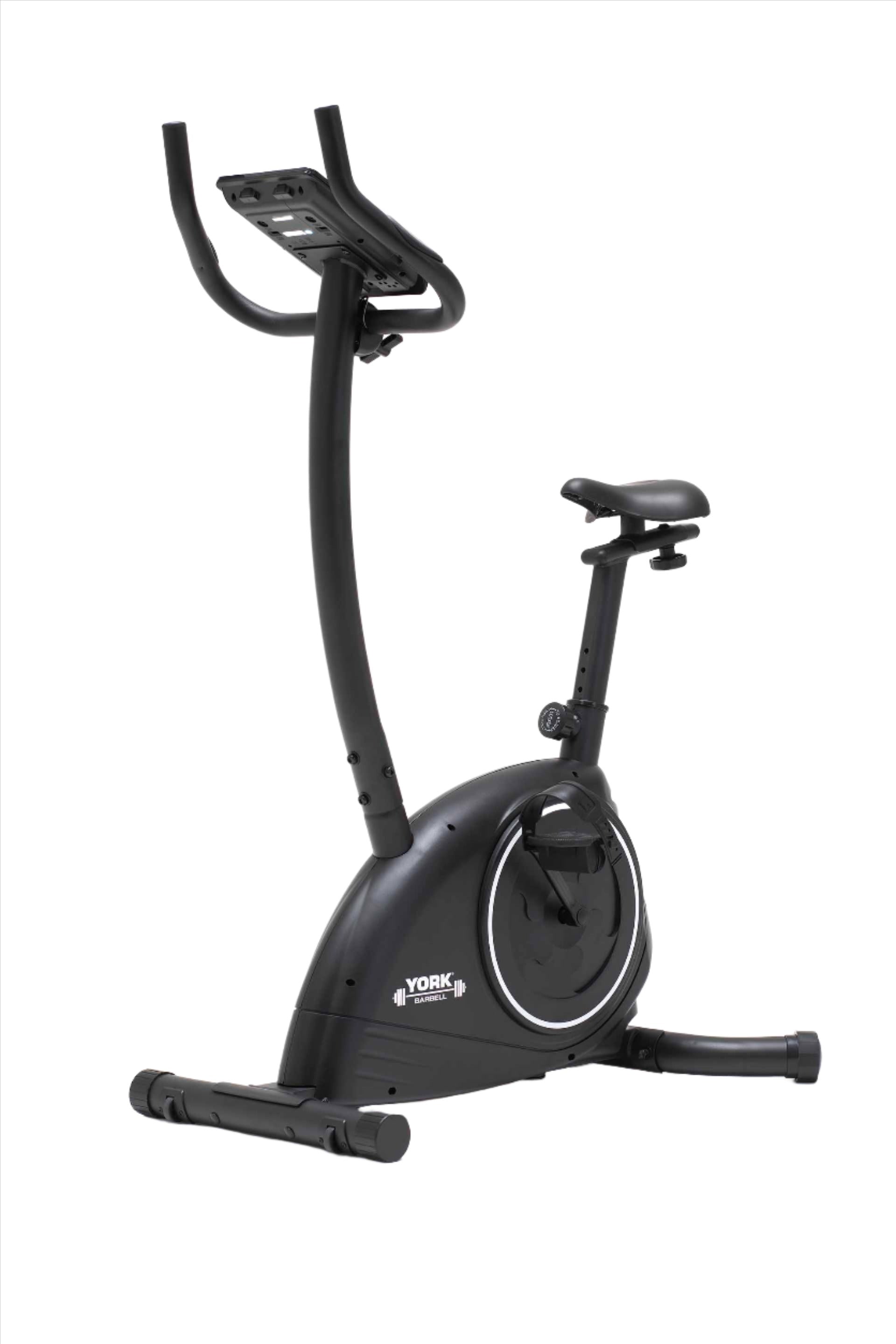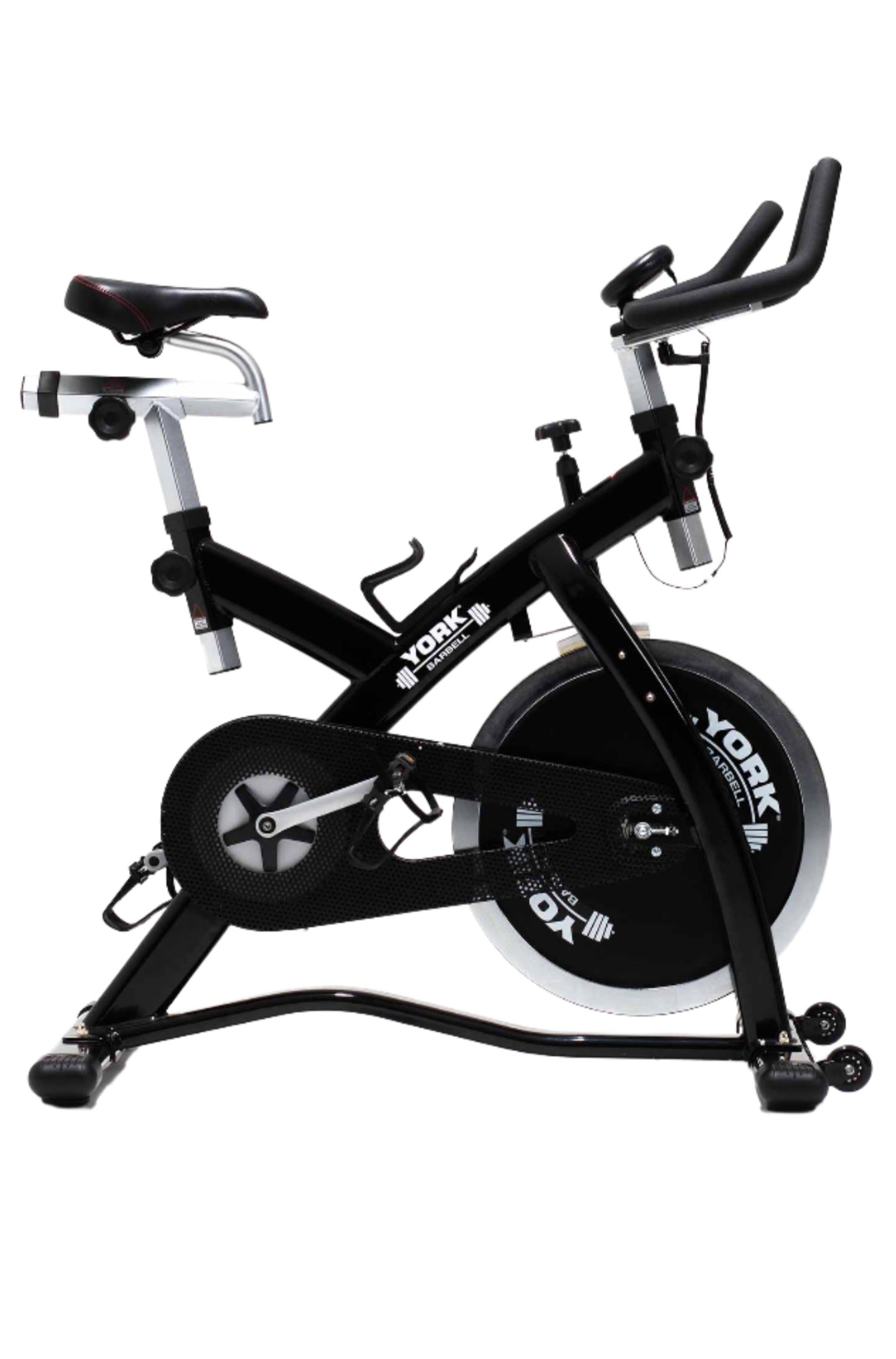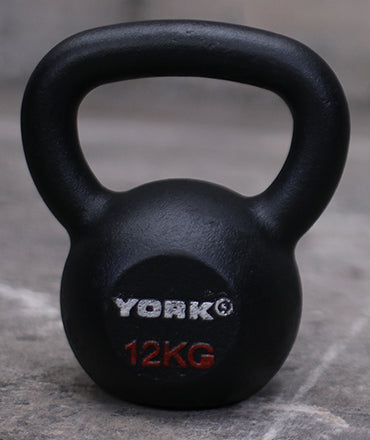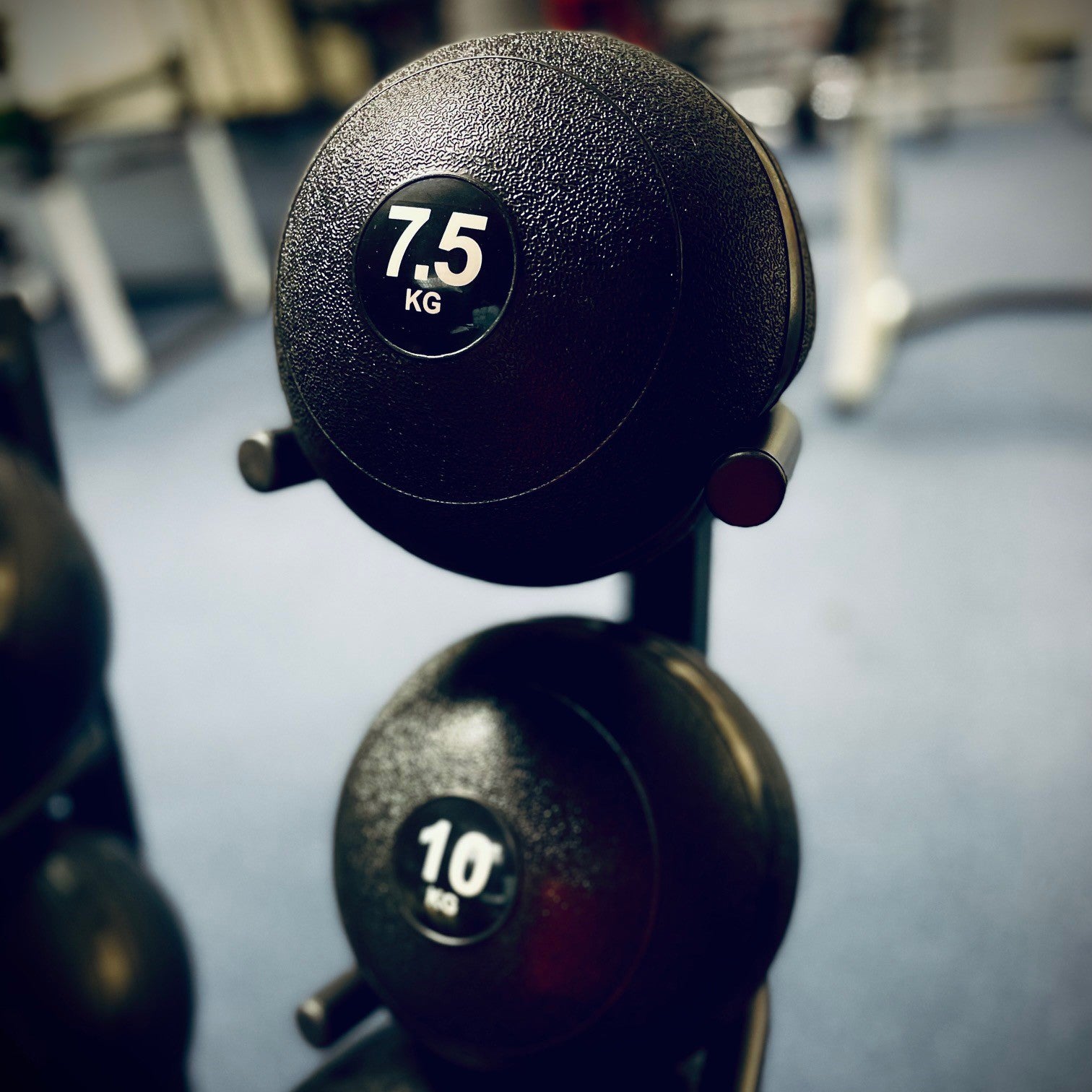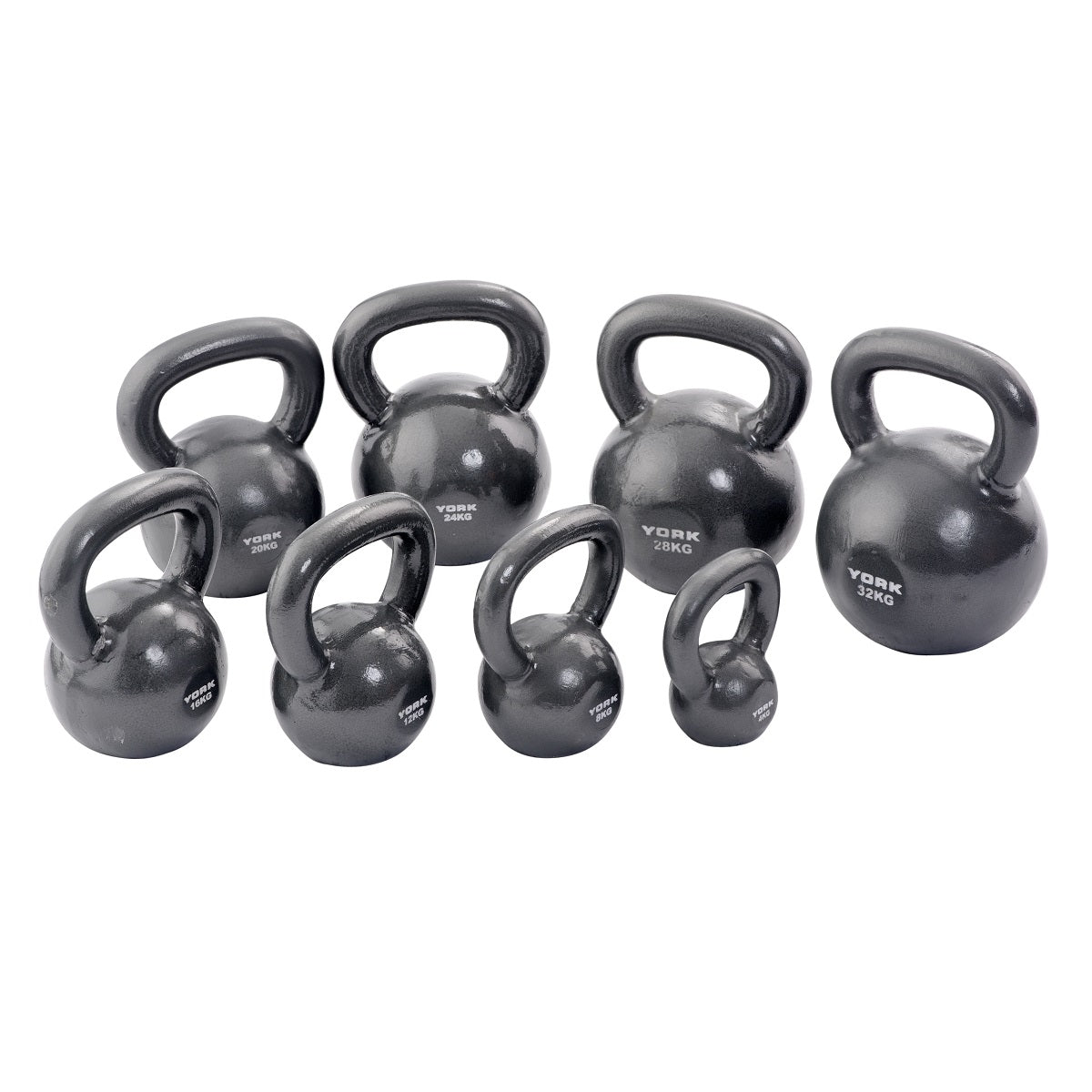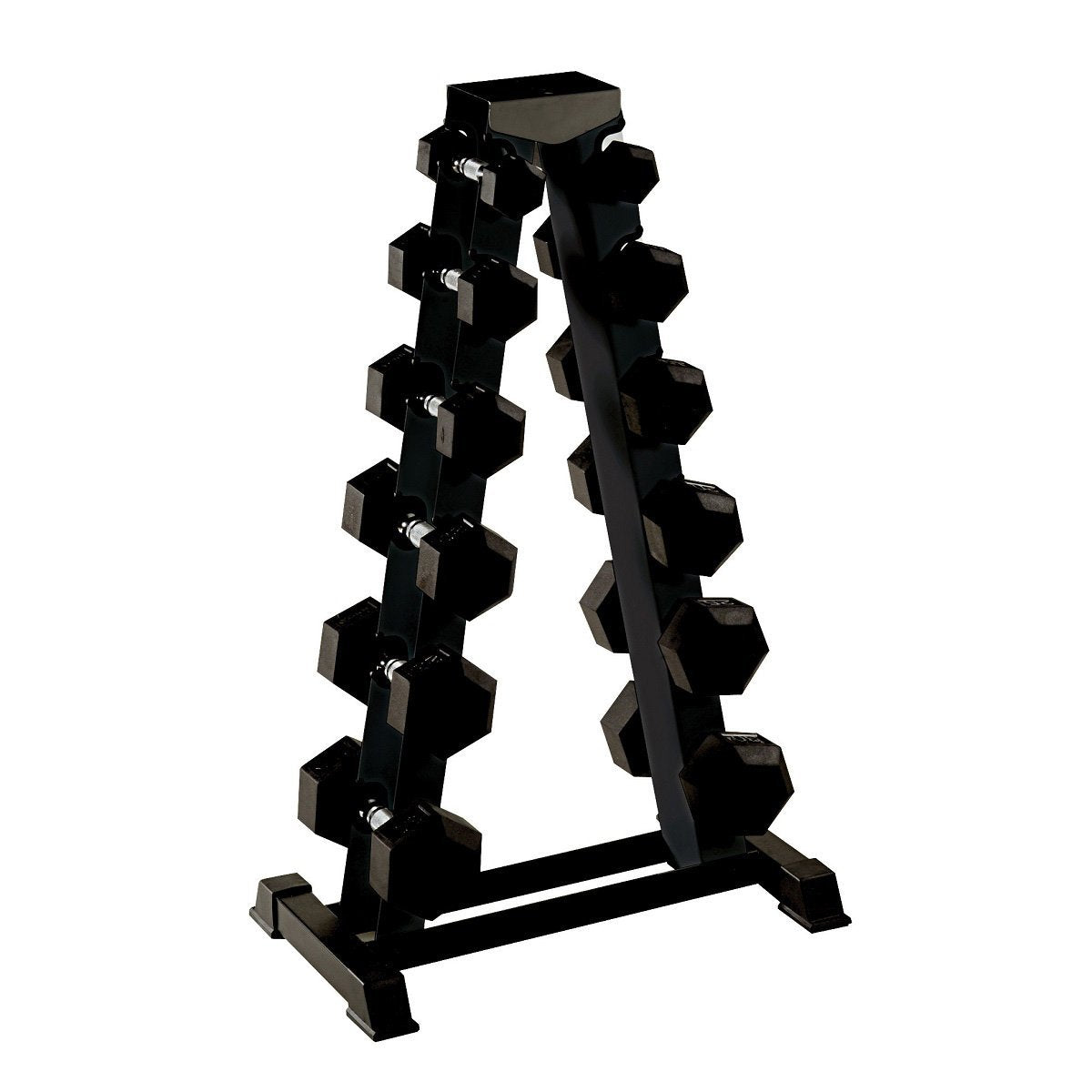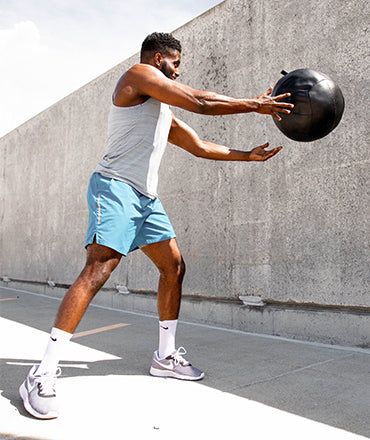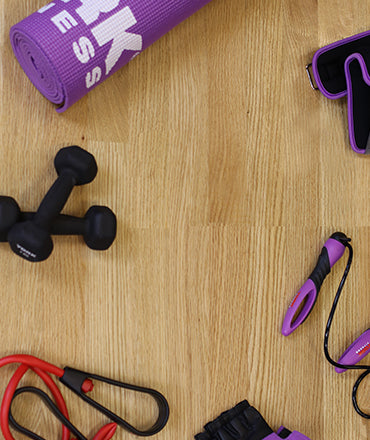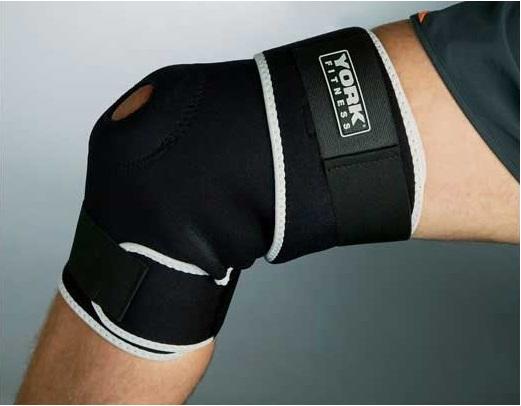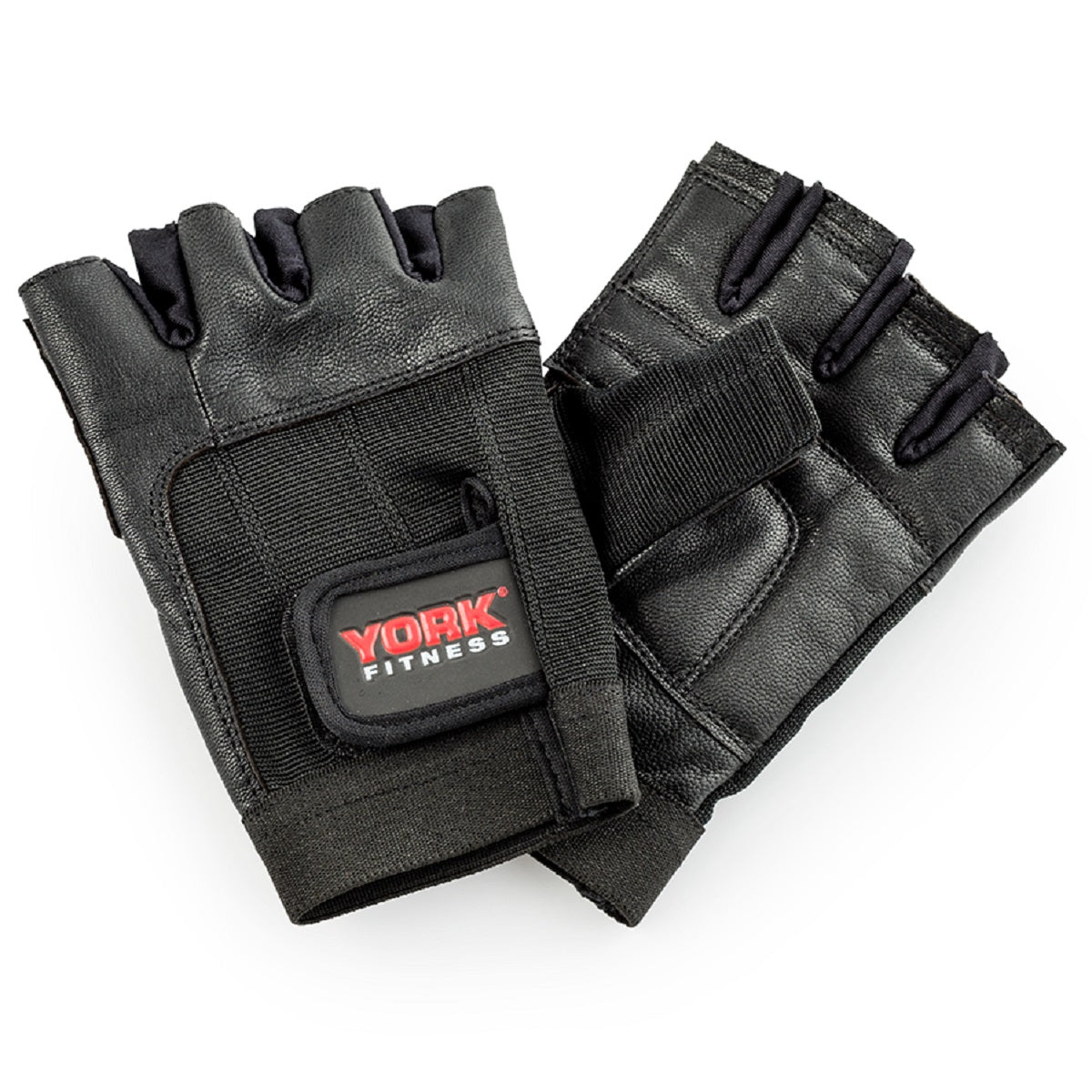For many fitness enthusiasts and athletes, the phrase “no pain no gain” drives their training routine. However, while intense exercise offers myriad benefits, such as improved cardiovascular health, endurance, and strength, it can sometimes suppress the immune system, leaving avid exercisers more susceptible to illness. If you've ever found yourself falling ill after a period of intense training, you're not alone. Research confirms that heavy or prolonged exercise, especially when paired with insufficient recovery, can dampen immune function temporarily, a phenomenon sometimes referred to as the "open window" theory.
Now add in winter temperatures, a lack of sunlight and spending more time inside with other people and you start to realise why everyone gets ill around the end of Autumn/start of winter.
In this article, we'll explore how you can boost your immune system while maintaining a rigorous workout schedule, helping you stay healthy, fit, and strong. By understanding the relationship between exercise and immunity, and implementing scientifically supported strategies, you can enjoy the best of both worlds.
Understanding the Link Between Exercise and the Immune System
Exercise affects your immune system in complex ways. Moderate physical activity enhances immune surveillance by increasing the circulation of immune cells, such as natural killer cells and T-cells. However, prolonged high-intensity exercise—especially without adequate rest—can lead to temporary immune suppression, which increases susceptibility to infections like upper respiratory tract infections (URTIs).
This immune suppression, lasting anywhere from a few hours to several days, is associated with factors such as elevated cortisol levels, systemic inflammation, and depleted glycogen stores. For athletes and fitness enthusiasts, balancing training intensity with immune health becomes crucial.
Steps to Strengthen Your Immune System While Training Hard
1. Prioritise Nutrition for Immune Support
A well-balanced diet is the cornerstone of a robust immune system. Here are key dietary considerations for exercisers:
- Consume Enough Calories: Undereating can suppress immune function, especially when paired with intense training. Ensure you're meeting your energy requirements by consuming a variety of whole foods, including carbohydrates, proteins, and fats.
-
Eat Immune-Boosting Micronutrients:
- Vitamin C: Found in citrus fruits, bell peppers, and broccoli, vitamin C is known to enhance the immune system. A review in Nutrients (2017) highlights its role in reducing the severity and duration of colds.
- Vitamin D: Low vitamin D levels have been linked to increased susceptibility to infections. Sunlight exposure and foods like fatty fish, fortified milk, or supplements can help maintain adequate levels.
- Zinc: Found in shellfish, seeds, and legumes, zinc plays a crucial role in immune cell function. A deficiency can impair immune responses.
- Probiotics and Prebiotics: Probiotics, found in yoghurt, kefir, and fermented foods, promote gut health, which is tightly linked to immunity. Studies in Frontiers in Immunology (2020) show that a healthy gut microbiome supports better immune responses.
- Hydrate Adequately: Dehydration can impair physical performance and immune function. Aim to drink water consistently throughout the day, especially after workouts.
2. Balance Training with Recovery
Overtraining is a common culprit in immune suppression among athletes. Balancing intense sessions with recovery can reduce the risk of illness:
- Incorporate Rest Days: Allow time for your body to repair and rebuild. Overtraining without rest elevates cortisol and inflammatory markers, which can weaken immunity.
- Follow Periodisation: Structured training programmes that cycle through phases of intensity and recovery can prevent overtraining and maintain immune resilience.
- Monitor for Signs of Overtraining Syndrome (OTS): Symptoms like persistent fatigue, poor sleep, reduced performance, and frequent illnesses may indicate that you're pushing too hard.
3. Get Adequate Sleep
Sleep is vital for overall health and immune function. During sleep, your body produces and releases cytokines, which are proteins that help fight infections and inflammation. Chronic sleep deprivation can reduce this process, leaving you more vulnerable to illness.
- Aim for 7–9 Hours a Night: The National Sleep Foundation recommends this range for adults, with athletes possibly needing more after intense training days.
- Optimise Sleep Hygiene: Stick to a regular bedtime routine, limit screen time before bed, and create a dark, cool, and quiet sleeping environment.
A 2015 study in Sleep found that individuals who sleep fewer than six hours per night are significantly more likely to catch a cold compared to those who sleep seven or more hours.
4. Manage Stress
Chronic stress can elevate cortisol levels, which in turn suppresses immune function. For athletes, stress often comes not just from workouts but also from balancing training with work, family, and other responsibilities.
- Practise Mindfulness or Meditation: Techniques such as yoga, deep breathing, or guided meditation can reduce stress levels. Studies have shown that mindfulness-based practices enhance immune function by lowering cortisol.
- Avoid Overloading Your Schedule: Ensure you have downtime outside of training to relax and recover mentally.
5. Practise Good Hygiene
Although it might seem basic, preventing infections often comes down to simple hygiene measures:
- Wash Your Hands Regularly: This helps prevent the spread of viruses and bacteria.
- Avoid Sharing Water Bottles or Towels: Germs can easily transfer through shared equipment.
- Clean Gym Equipment: Wipe down surfaces before and after use to reduce exposure to pathogens.
6. Consider Supplementation When Needed
While whole foods should be the foundation of your diet, supplementation may be beneficial in certain cases:
- Vitamin C and Zinc During High-Intensity Phases: Research suggests that supplementation with these nutrients can help reduce the duration and severity of colds during periods of immune suppression.
- Omega-3 Fatty Acids: Found in fish oil, omega-3s have anti-inflammatory properties that may benefit athletes experiencing chronic inflammation.
- Adaptogens: Herbs like ashwagandha and Rhodiola rosea have been studied for their stress-reducing and immune-modulating properties.
7. Stay Active, but Don’t Overdo It
The immune system benefits most from moderate, consistent exercise. According to a review in the Journal of Sport and Health Science (2019), moderate exercise enhances immune function, while excessive training can have the opposite effect.
- Light Movement on Rest Days: Incorporate activities like walking, yoga, or light cycling on recovery days to keep blood flowing without adding stress to your system.
- Monitor Your Intensity: Use tools like heart rate monitors or perceived exertion scales to avoid overexertion.
The Role of the “Open Window” Theory
The “open window” theory suggests that there is a temporary period after intense exercise when the immune system is more vulnerable to infection. During this time, factors such as increased cortisol, systemic inflammation, and physical exhaustion can suppress immune responses.
To mitigate this, focus on:
- Consuming Post-Workout Nutrition: Replenishing glycogen with carbohydrates and repairing muscle with protein soon after training can help support immune function.
- Cooling Down Properly: A proper cool-down helps regulate your body temperature and prevent prolonged inflammation after exercise.
Final Thoughts: Train Hard, Stay Healthy
For fitness enthusiasts and athletes, the balance between training hard and staying healthy comes down to a combination of strategic planning, recovery, and self-care. By supporting your immune system with proper nutrition, adequate sleep, and effective stress management, you can enjoy the benefits of exercise without compromising your health.
Remember, consistency is key, both in your workouts and in your immune-supporting habits. Listen to your body, adapt your training to your current capacity, and seek professional advice if you're frequently getting ill or struggling to recover. With the right approach, you can achieve peak performance while keeping your immune system resilient and strong.
